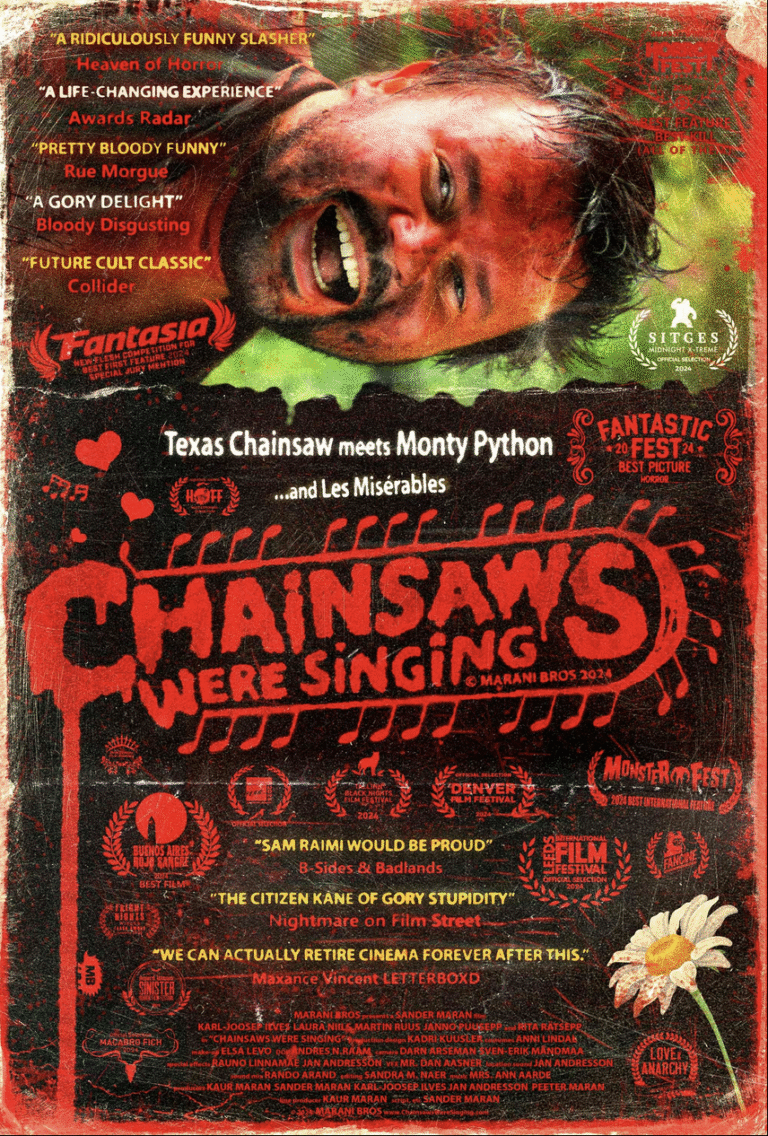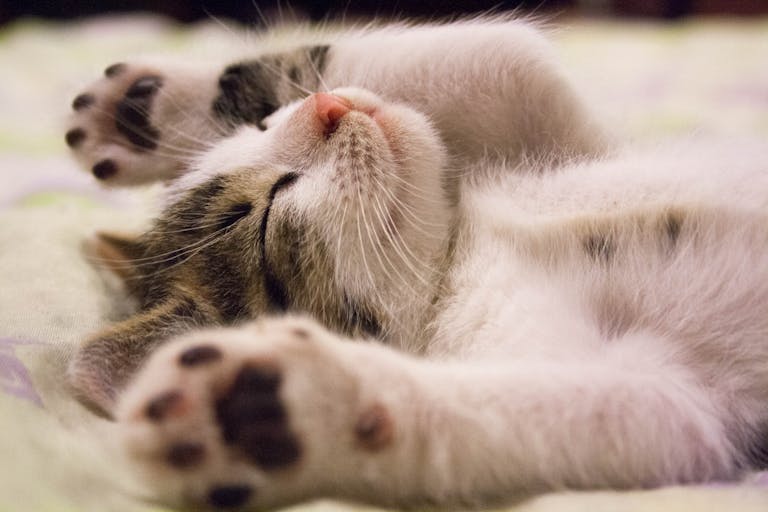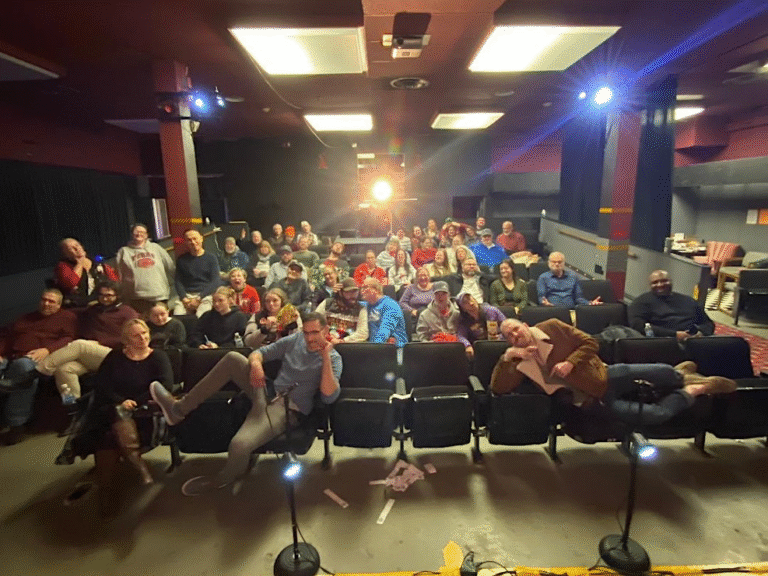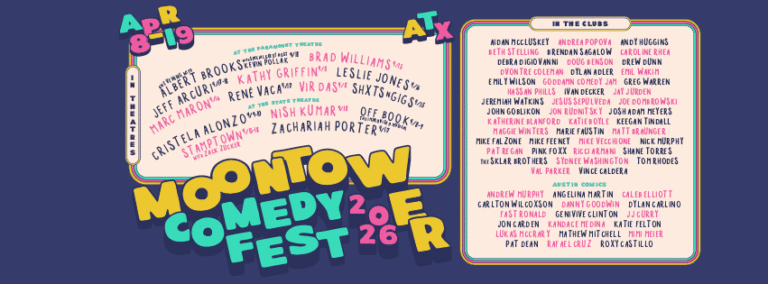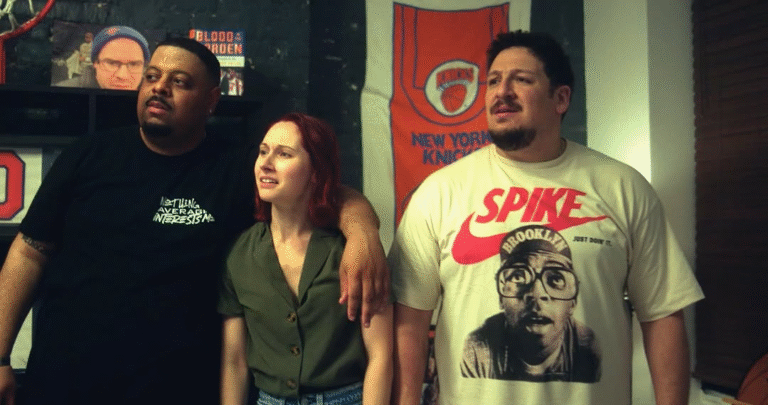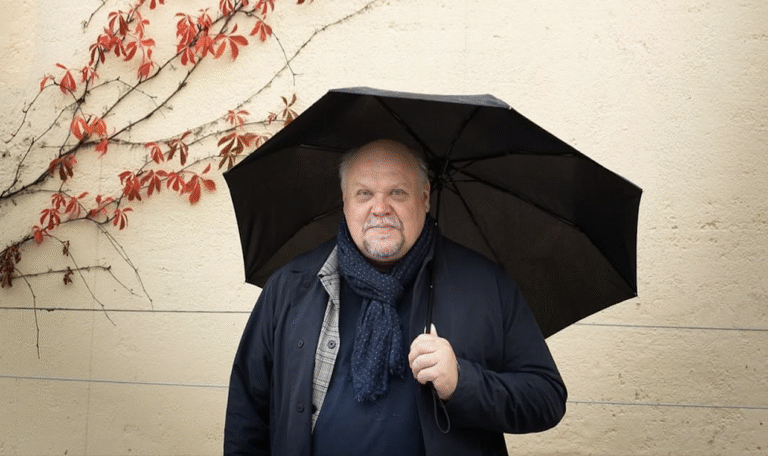Trump’s War on Comedy Raises Alarming Questions About Free Speech in America
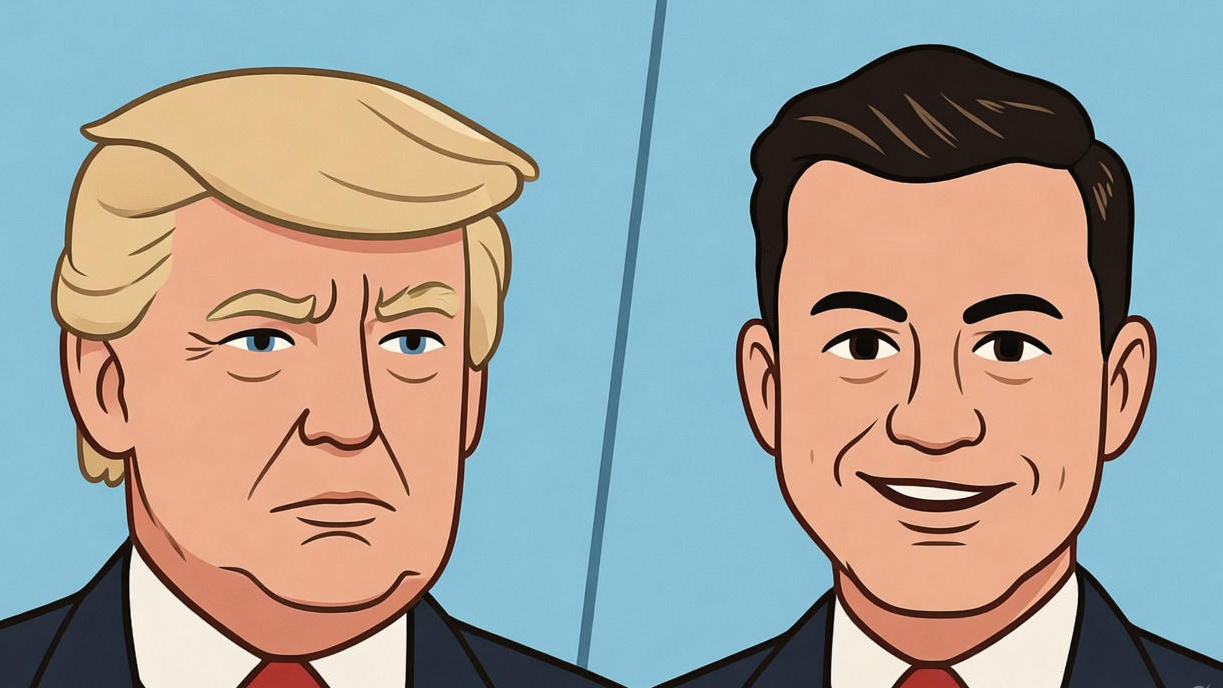
The recent suspension of Jimmy Kimmel Live! has ignited a national debate over free speech, government pressure, and the fine line between regulation and censorship.
The controversy began when late-night host Jimmy Kimmel delivered a monologue referencing the assassination of conservative activist Charlie Kirk, along with sharp remarks aimed at Donald Trump’s supporters. Soon after, the Federal Communications Commission (FCC) chair Brendan Carr publicly warned ABC, saying the network could face consequences if it didn’t take action.
Carr’s statement — “We can do this the easy way or the hard way” — was seen by many as an explicit threat from a federal regulator toward a private broadcaster. Within days, ABC suspended Kimmel’s show, prompting outrage across the entertainment industry and raising serious concerns about the future of free expression in American media.
The situation grew even more political when President Trump celebrated the suspension on his social platform Truth Social, calling it “Great News for America.” He also urged NBC to fire other late-night hosts like Jimmy Fallon and Seth Meyers, whom he has frequently criticized for mocking his presidency. Trump’s comments fueled fears that the government is not just influencing, but actively encouraging punitive action against comedians who joke at its expense.
You can read more about this development in reports by Reuters, which noted that even some industry conservatives viewed the move as “a dangerous precedent.” The Guardian also described it as a moment that left comedians “shocked and scared,” quoting insiders who said networks might now vet jokes more carefully to avoid government scrutiny.
The public backlash was swift. Hollywood unions, free speech advocates, and civil rights groups like the American Civil Liberties Union (ACLU) condemned the suspension as government intimidation of artistic expression. Consumers organized a boycott of ABC’s parent company Disney, pressuring it to reinstate the show. In less than a week, Kimmel returned to the air, but the controversy left a chilling message: mocking political leaders could cost you your job.
Kimmel, during his comeback episode, described the entire ordeal as “anti-American,” arguing that no comedian should be punished for satire. He admitted his earlier comments might have been “ill-timed,” but stood by his right to speak freely. The Financial Times reported that several affiliate stations — especially those owned by Sinclair Broadcast Group and Nexstar Media Group — had initially refused to air the episode due to regulatory fears, underscoring how deep the chill has spread.
In the aftermath, Democratic lawmakers introduced a bill to protect free speech from government retaliation, aiming to prevent regulatory bodies like the FCC from threatening broadcasters over political content. The Associated Press highlighted that the legislation seeks to draw a clear boundary between media regulation and content interference.
While Kimmel’s reinstatement was seen as a victory for free expression, experts warn that the damage has been done. Many performers now fear losing gigs, especially those without the fame or influence to fight back. Even PEN America, a writers’ rights organization, reported a rise in self-censorship among comedians, noting that “the chill is real — and deliberate.”
At its core, this isn’t just about one TV host. It’s about the power dynamic between government and the creative world — and whether comedians, satirists, and journalists can still mock authority without fear. As one observer put it, comedy has always been democracy’s pressure valve, and if that valve is shut, the entire system risks overheating.
